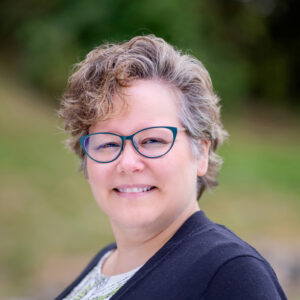 Event date: Wednesday 29 May
Event date: Wednesday 29 MayNew natures: Artificial reefs, oil structures, and fishy agency
In the 1980s, a coalition of scientists, recreational fishing interests, companies and governmental agencies worked to institute policies in the US Gulf of Mexico that would allow the use of offshore oil structures as oceanic artificial reefs at the end of their economic usefulness. These policies had not developed on the impetus of the companies that owned the structures, but were rather based on the experience of scientists and recreational fisherman with the unexpected sea life around standing offshore structures. Elsewhere, the use of these structures as reef material after decommissioning was rejected despite them functioning as defacto reefs when standing.
In this paper, I propose that responses to artificial reefs from oil structures is grounded in responses to new natures and fishy agency. Moving away from labels such as second nature (Cronon) or third nature (Beck) which imply hierarchy and value-judgements about the authenticity and originality of the new environmental constellation, I build on ideas of nature as infrastructure (Carse) and hybrid geographies (Whatmore) to develop the notion of new natures as a mode of exploring histories of novel ecosystems created with human-built infrastructure or components. These new natures necessarily involve nonhuman agents, organisms which have chosen to inhabit them. Human actors in different places and times have chosen to interpret these new natures of artificial reefs from oil structures as either worth conserving or not, resulting in differing policy outcomes.
Please join in-person, or click the link below to join the webinar:
https://ed-ac-uk.zoom.us/j/81857401179
Passcode: 6aSe7GF7



